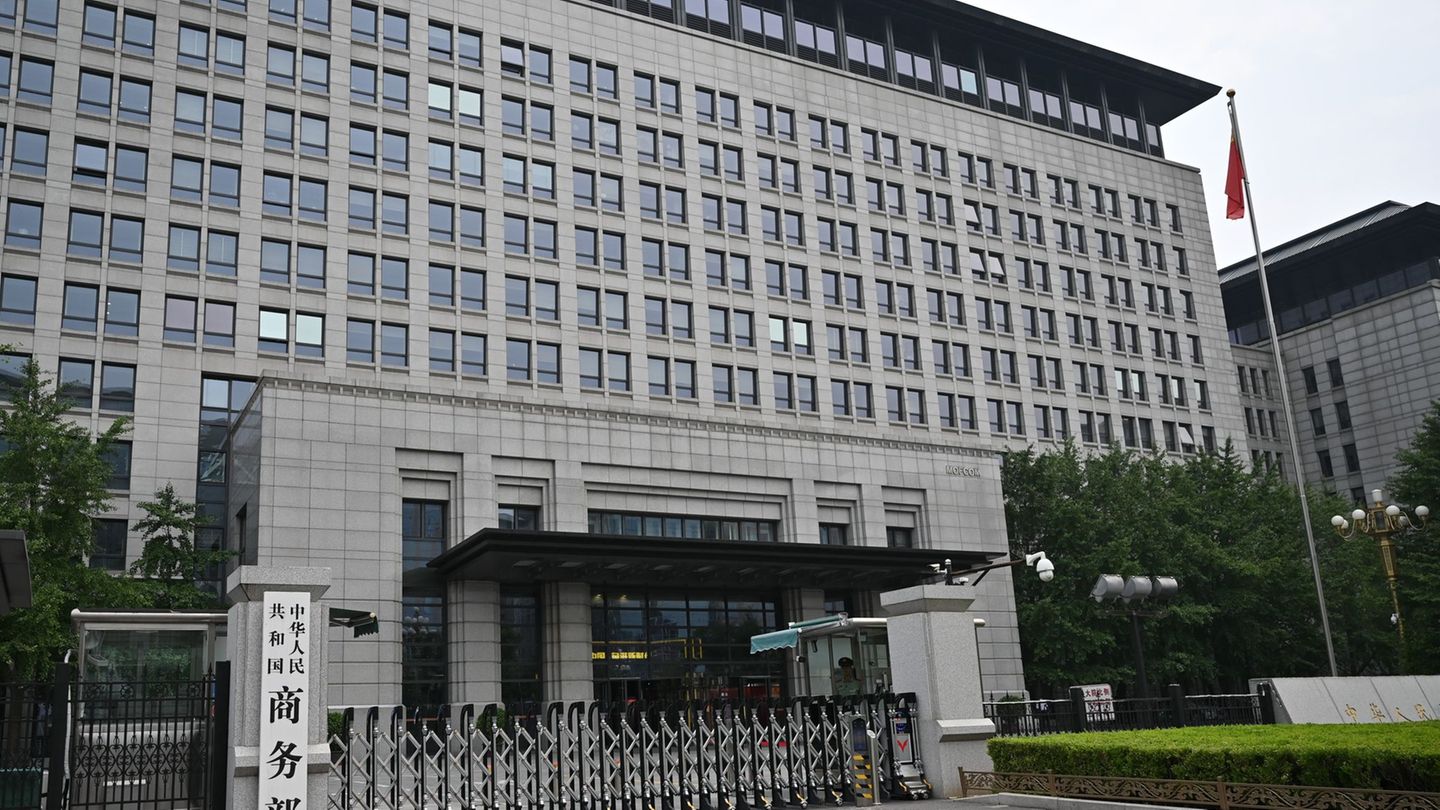Successes in the fight against the ivory and rhino horn trade cannot hide the fact that around 4,000 different animal and plant species are being trafficked by criminals, said the study by the UN Office on Drugs and Crime in Vienna on Monday.
Corals, crocodiles, elephants
Between 2015 and 2021, a total of around 13 million individual animals and plants were confiscated in 162 countries, which are used as food, medicine or luxury goods, among other things. More than 16,000 tons of contraband, which is measured by weight, such as wood, were seized. The most commonly affected species were corals (16%), crocodiles (9%) and elephants (6%).
However, the true scale of the illegal trade is much larger than these intercepted quantities, the UNODC emphasized. The UN organization pointed out that criminal exports can contribute not only to species extinction, but also to the spread of disease and climate change.
Criticism and first rays of hope
The UN organization’s experts criticized the fact that in the fight against smugglers, only a small group of pachyderms and big cats are the focus of politics. This ignores a wide range of creatures such as orchids and succulents, as well as many reptiles, fish, birds and mammals, which are also threatened by illegal trade.
A rare bright spot has been efforts to combat the elephant ivory and rhino horn trade, according to the report, which points to a decline in poaching, confiscations and market prices over the past decade.
My themes
For your saved topics were
new articles found.
info By clicking on the icon you can add the keyword to your topics.
info
By clicking on the icon you open your “my topics” page. They have of 15 keywords saved and would have to remove keywords.
info By clicking on the icon you can remove the keyword from your topics.
Add the topic to your topics.
Source: Nachrichten




